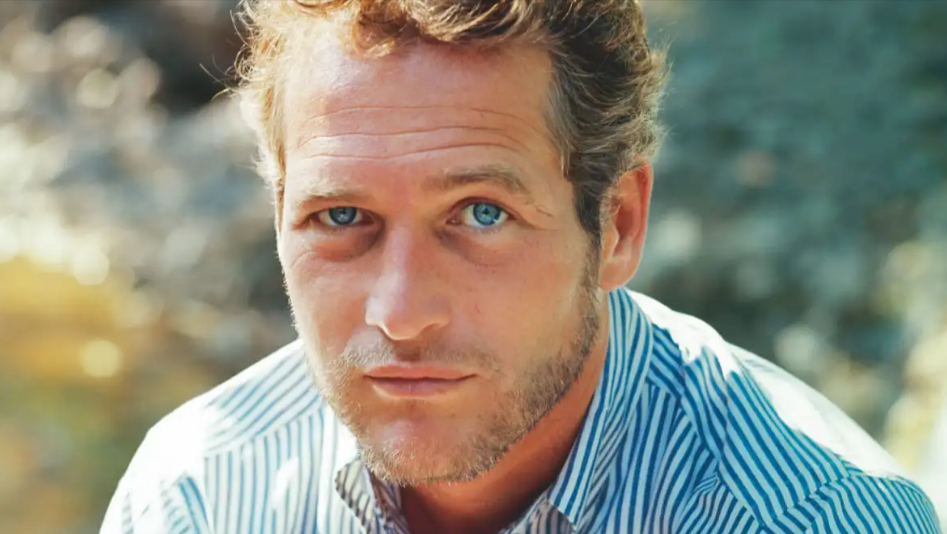Paul Newman Biography, Paul Newman was an iconic American actor, director, and philanthropist, known for his distinctive blue eyes and charismatic presence. Born on January 26, 1925, in Shaker Heights, Ohio, Newman grew up in a supportive family environment and attended Kenyon College, where he began to develop an interest in acting.
His acting career took off in the 1950s, with notable performances in films like Cat on a Hot Tin Roof (1958) and The Hustler (1961). Newman’s portrayal of a charming yet flawed anti-hero became a hallmark of his career. He received critical acclaim for his roles in Cool Hand Luke (1967), Butch Cassidy and the Sundance Kid (1969), and The Sting (1973), among others.
In addition to his successful acting career, Newman was also a talented director. He made his directorial debut with Rachel, Rachel (1968), which earned him an Academy Award nomination. He continued to direct and produce films throughout his career, demonstrating his versatility and skill behind the camera.
Paul Newman was also a prominent philanthropist. In 1982, he founded Newman’s Own, a food company that donates all its profits to charity. The company has donated hundreds of millions of dollars to various causes through its charitable foundation.
Newman was married to actress Joanne Woodward, and their relationship was one of Hollywood’s most enduring and respected. He passed away on September 26, 2008, leaving behind a legacy of remarkable performances and a commitment to giving back to the community.
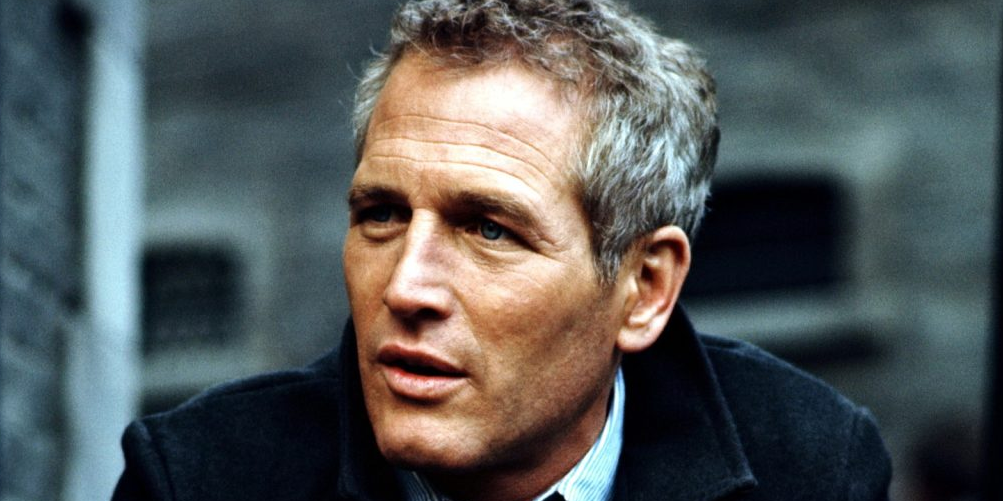
| Born | Paul Leonard Newman January 26, 1925 Shaker Heights, Ohio, U.S. |
| Died | September 26, 2008 (aged 83) Westport, Connecticut, US |
| Cause of death | Lung cancer |
| Nationality | Nationality |
| Education | Kenyon College (BA) Yale University |
| Occupations | Actor, movie director, race car driver philanthropist, entrepreneur |
| Years active | 1949–2007 |
| Spouses | Jackie Witte (m. 1949; div. 1958) Joanne Woodward (m. 1958) |
| Children | 6 |
| Allegiance | United States |
| Service/branch | United States Navy |
| Years of service | 1943–1946 |
| Rank | Petty Officer Third Class |
| Battles/wars | World War II Asiatic-Pacific Theater |
| Awards | Navy Good Conduct Medal |
Who Was Paul Newman?
Paul Newman was an influential American actor, director, and philanthropist renowned for his striking blue eyes and commanding screen presence. Born on January 26, 1925, in Shaker Heights, Ohio, he became one of Hollywood’s most celebrated figures over a career that spanned several decades.
Newman first gained major recognition in the 1950s with roles in films such as Cat on a Hot Tin Roof and The Hustler. His performances were marked by a blend of charisma and depth, earning him critical acclaim and a dedicated fan base. He starred in iconic films including Cool Hand Luke, Butch Cassidy and the Sundance Kid, and The Sting, becoming a symbol of the “cool” anti-hero.
In addition to his acting career, Newman was an accomplished director. His directorial debut, Rachel, Rachel, earned him an Academy Award nomination. He continued to work behind the camera, creating films that showcased his diverse talents.
Newman was also a noted philanthropist. In 1982, he founded Newman’s Own, a food company that donates all its profits to charity. Through this venture, he contributed hundreds of millions of dollars to various causes, reflecting his commitment to social good.
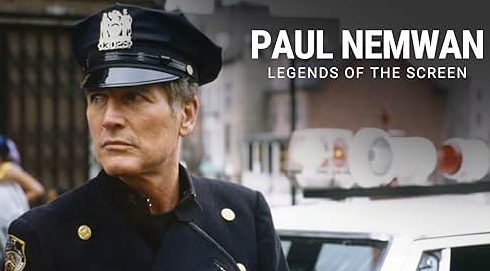
Early Life and Career
Paul Newman was born on January 26, 1925, in Shaker Heights, Ohio, to Arthur S. Newman Jr. and Theresa Newman. His father was a Jewish sportswear manufacturer, and his mother was a homemaker. Growing up in a supportive and loving family environment, Newman attended Shaker Heights High School, where he was active in sports and theater.
After high school, Newman enrolled at Kenyon College in Gambier, Ohio, where he initially studied drama and participated in various stage productions. His college years were formative, helping him develop his acting skills and fueling his passion for the craft.
Following his college graduation, Newman served in the U.S. Navy during World War II, where he was a radioman and a rear gunner. After the war, he returned to his acting ambitions, enrolling at Yale School of Drama and studying under the guidance of renowned instructor Sanford Meisner.
Newman’s early career began in theater and television. He made his Broadway debut in 1953 with a role in Picnic and soon transitioned to television, appearing in various live drama productions. His breakthrough came with his role in the television play The Silver Chalice (1954), which, although not well-received, marked his entry into the film industry.
His breakthrough in film came with his performance in Cat on a Hot Tin Roof (1958), where his portrayal of Brick Pollitt earned him widespread acclaim and established him as a major talent in Hollywood. This role was followed by a series of successful films, including The Hustler (1961), which further solidified his reputation as a leading actor.
Newman’s early career was marked by his unique blend of charm and intensity, which became hallmarks of his acting style and set the stage for his illustrious career in cinema.
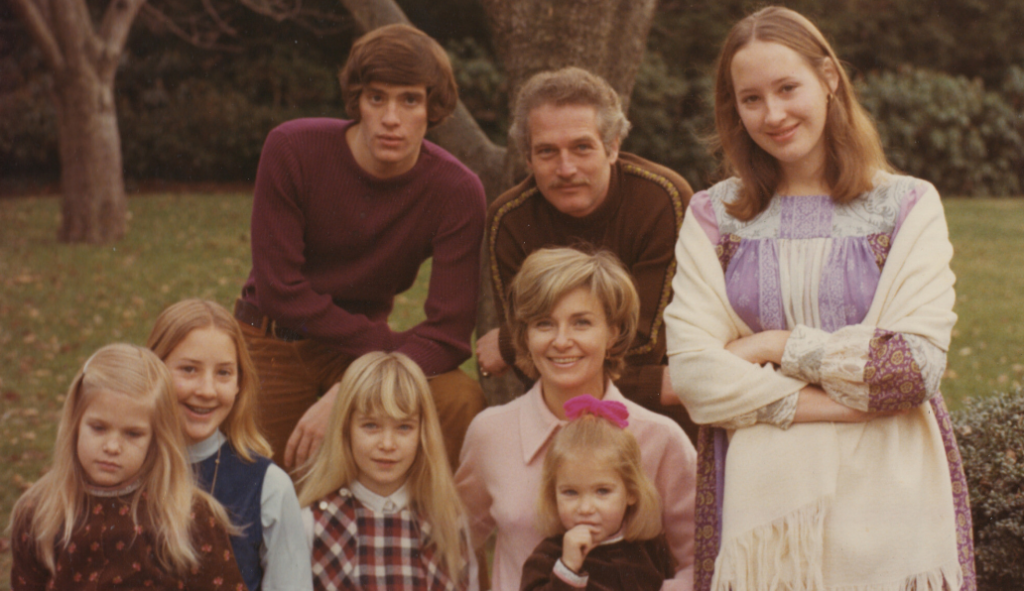
Beyond acting
Beyond his illustrious acting career, Paul Newman made significant contributions in several other areas:
- Directing and Producing: Newman explored his talents behind the camera as a director and producer. His directorial debut, Rachel, Rachel (1968), was critically acclaimed and earned him an Academy Award nomination. He continued to direct and produce films, including Sometimes a Great Notion (1971) and The Glass Menagerie (1973). His work in this realm showcased his versatility and commitment to the craft of filmmaking.
- Philanthropy: One of Newman’s most lasting legacies is his philanthropic work. In 1982, he founded Newman’s Own, a food company that donates all its profits to charity. The company has contributed hundreds of millions of dollars to various causes through its charitable foundation. Newman’s commitment to philanthropy was deeply personal and reflected his desire to make a positive impact on the world.
- Racing: Newman was a passionate motorsports enthusiast and participated in professional racing for many years. He competed in various races, including the prestigious 24 Hours of Le Mans and the Daytona 24 Hours. His racing career was marked by success and dedication, demonstrating his drive and competitive spirit.
- Humanitarian Efforts: Newman was involved in numerous humanitarian and social causes. He supported organizations focusing on children’s education, healthcare, and disaster relief. One of his notable initiatives was the establishment of the Hole in the Wall Gang Camps, which provide free, year-round camp experiences for children with serious illnesses.
- Activism: Newman was also an outspoken advocate for various social and political causes. He supported civil rights and anti-war movements and used his platform to raise awareness about important issues.
Overall, Paul Newman’s impact extended far beyond his film career, reflecting his commitment to making a difference in the world through philanthropy, racing, and activism.
Philanthropic works
Paul Newman’s philanthropic efforts were extensive and impactful, reflecting his deep commitment to improving the lives of others. Here are some key aspects of his philanthropic work:
- Newman’s Own: In 1982, Newman founded Newman’s Own, a food company known for its salad dressings, sauces, and other products. The company is unique in that it donates 100% of its profits to charity. To date, Newman’s Own has contributed hundreds of millions of dollars to various causes, including education, healthcare, and social services.
- Hole in the Wall Gang Camps: Newman established the Hole in the Wall Gang Camps in 1988. These camps provide free, year-round camp experiences for children with serious illnesses and their families. The camps are designed to create a supportive and joyful environment where children can just be kids, away from the constraints of their medical conditions. The organization has grown to include several camps and programs worldwide.
- Charitable Foundation: The Newman’s Own Foundation, established in 2005, continues the legacy of Newman’s charitable giving. The foundation supports a wide range of causes, including programs focused on children, veterans, and the arts. It operates on the principle of transparency and accountability, ensuring that donations are effectively used to support impactful projects.
- Support for Education: Newman was a strong advocate for education. His philanthropic efforts included support for educational initiatives, such as scholarships and funding for schools, particularly those that benefit underserved communities.
- Healthcare and Social Services: Newman’s philanthropy extended to healthcare and social services. His contributions have supported medical research, hospitals, and community health programs, reflecting his commitment to improving public health and well-being.
- Environmental and Social Justice: Newman also supported environmental causes and social justice initiatives. His charitable work included funding for projects aimed at protecting the environment and advocating for social change.
Through these efforts, Paul Newman left a lasting legacy of generosity and social responsibility, impacting countless lives and contributing to a wide range of important causes.
Recognitions
Paul Newman received numerous recognitions throughout his career, celebrating his achievements in acting, directing, philanthropy, and more. Some of the notable honors include:
- Academy Awards: Newman won the Academy Award for Best Actor for his role in The Color of Money (1986). He also received several other Oscar nominations throughout his career, including for Cat on a Hot Tin Roof (1958), The Hustler (1961), Cool Hand Luke (1967), and Nobody’s Fool (1994).
- Golden Globe Awards: Newman won several Golden Globe Awards, including Best Actor awards for The Hustler (1962) and The Color of Money (1987). He also received the Cecil B. DeMille Award for his outstanding contribution to the film industry in 1986.
- Primetime Emmy Awards: Newman earned several Primetime Emmy Awards for his work on television. He won the Emmy for Outstanding Lead Actor in a Limited Series or Movie for The Glass Menagerie (1974) and The Old Man Who Cried Wolf (1980).
- Screen Actors Guild Awards: Newman was honored with a Screen Actors Guild Life Achievement Award in 1994, recognizing his exceptional contributions to the acting profession.
- Honorary Awards and Tributes: Throughout his life, Newman received numerous honorary awards and tributes for his contributions to film and philanthropy. These included honors from various film festivals and organizations that recognized his impact both on and off the screen.
- Philanthropy Awards: Newman’s philanthropic work earned him recognition from various charitable and humanitarian organizations. He was celebrated for his contributions to causes supporting children, education, and social justice.
- Presidential Medal of Freedom: In 1999, Newman was awarded the Presidential Medal of Freedom, one of the highest civilian honors in the United States, in recognition of his contributions to film and his extensive philanthropic efforts.
Personal life
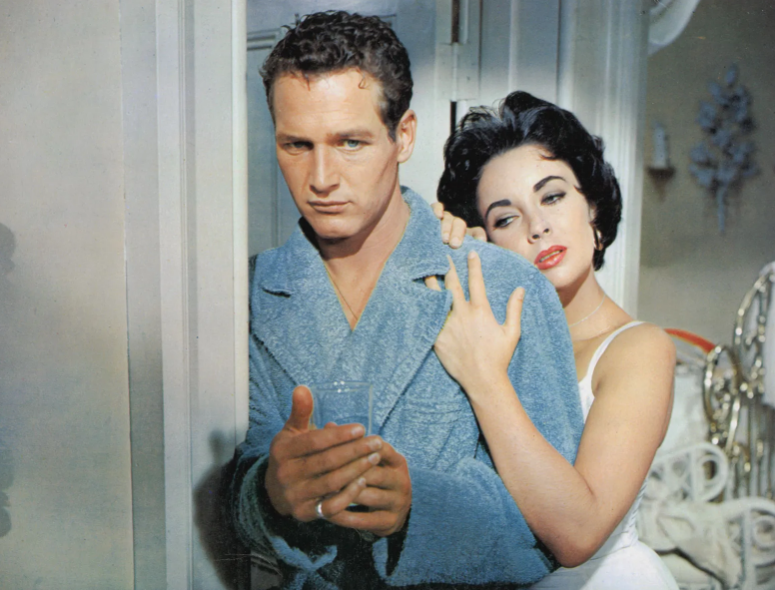
Paul Newman’s personal life was characterized by his enduring relationships, personal interests, and private values:
- Marriage to Joanne Woodward: Newman married actress Joanne Woodward on January 29, 1958. Their marriage was one of Hollywood’s most enduring and respected relationships. The couple had three daughters together: Elinor (Nina), Melissa, and Claire. Newman and Woodward’s partnership was both personal and professional, as they collaborated on several film projects. Their relationship was noted for its deep mutual respect and affection.
- Family Life: Newman was a devoted family man, often prioritizing his family life over his Hollywood career. Despite his fame, he maintained a relatively private life, focusing on his wife and children. The family lived in various places, including New York and Connecticut, and Newman’s personal life was marked by a commitment to creating a stable and loving home environment for his family.
- Passions and Hobbies: Newman had a wide range of interests outside of his professional work. He was an avid racing enthusiast and participated in professional motorsport events. His passion for racing was not just a hobby but a serious pursuit, and he competed in several prestigious races, including the 24 Hours of Le Mans and the Daytona 24 Hours.
- Political and Social Views: Newman was politically and socially active, often using his platform to advocate for causes he believed in. He supported various social and political movements, including civil rights and anti-war efforts. His philanthropic work and charitable contributions reflected his commitment to social justice and humanitarian causes.
- Health and Final Years: Newman was known for his relatively private approach to personal health matters. He was diagnosed with cancer in 2008 and continued to work and engage in his philanthropic activities despite his illness. Newman passed away on September 26, 2008, at the age of 83.
Overall, Paul Newman’s personal life was marked by his strong family bonds, diverse interests, and commitment to making a positive impact on the world, both through his professional achievements and his philanthropic efforts.

